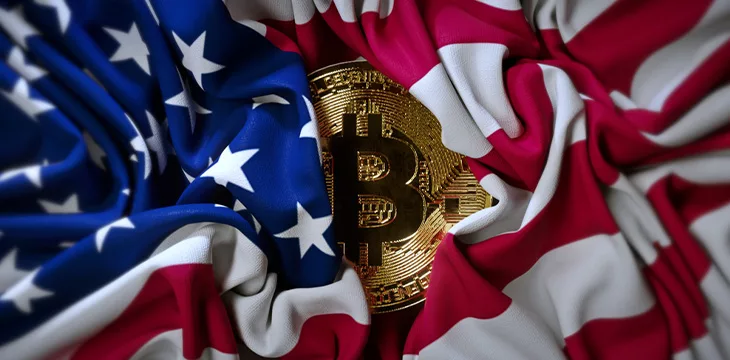South Carolina, Ohio, and Mississippi introduce blockchain framework laws to protect ‘cryptocurrency’ ownership and mining.
Three more U.S. states have introduced legislation to protect Americans’ rights to own, mine, and trade digital assets.
South Carolina, Ohio, and Mississippi have become the latest states to introduce blockchain legislation, joining Nebraska, Missouri, Tennessee, and other states where legislators are debating draft bills.
The bill has similar provisions across all three states, with a few minor modifications. This includes prohibiting state agencies from banning digital asset payments or denying residents their right to self-management. Selling digital assets for fiat “will not be considered a purchase of currency for tax purposes,” the bill added.
Digital assets used as a means of payment are not subject to capital gains tax as long as they remain below the $200 limit.
“Home digital asset mining” would be legal under the proposed legislation, as long as operators comply with local noise ordinances. Commercial mining is legal, but only in industrial areas.
Other regulations include protecting residents’ rights to operate blockchain nodes.
It does not require a transmitter license and protects staking operators from being classified as a securities or investment contract provider.
Mass destruction: Three more states have introduced bills to protect your basics. #Bitcoin Truth.
Ohio, South Carolina, and Mississippi are rallying to protect your freedoms, including:
✅ Right to buy, sell and trade #Bitcoin Without unreasonable restrictions.
✅ Rights are…— Dennis Porter (@Dennis_Porter_) February 17, 2024
Dennis Porter, who played a key role in preparing and pushing for this bill through the Satoshi Action Fund, said: said The bill would protect digital assets from lawmakers like Sen. Elizabeth Warren (D-MA) who “want to control (digital assets) and prevent them from being used as they wish.”
In South Carolina, Senator Danny Verdin introduced the bill in the Senate, and in Mississippi, Representative Jody Steveson led the charge.
In Ohio, the bill was introduced by Rep. Steve Demetriou, a first-term lawmaker who believes it could make Ohio a digital asset hub. The lawmaker, who also introduced a bill opposing CBDC, said the bill would “send a signal to innovators that Ohio is open for business.”
“The digital asset industry is not going away anytime soon. “America and Ohio must lead the way in ensuring openness to innovation and job creation while protecting the American values we hold dear,” he said recently.
While the blockchain framework law has received support in some states, it has faced opposition in places like Georgia, where some legislators have raised concerns about block reward mining.
“I’ve always reached the conclusion that if it’s not good enough for China, it’s not good enough for Cook County,” said Rep. Penny Houston, a Nashville Republican.
See: Digital currency regulation and the role of the BSV blockchain
Are you new to blockchain? To learn more about blockchain technology, check out CoinGeek’s Blockchain for Beginners section, our ultimate resource guide.


